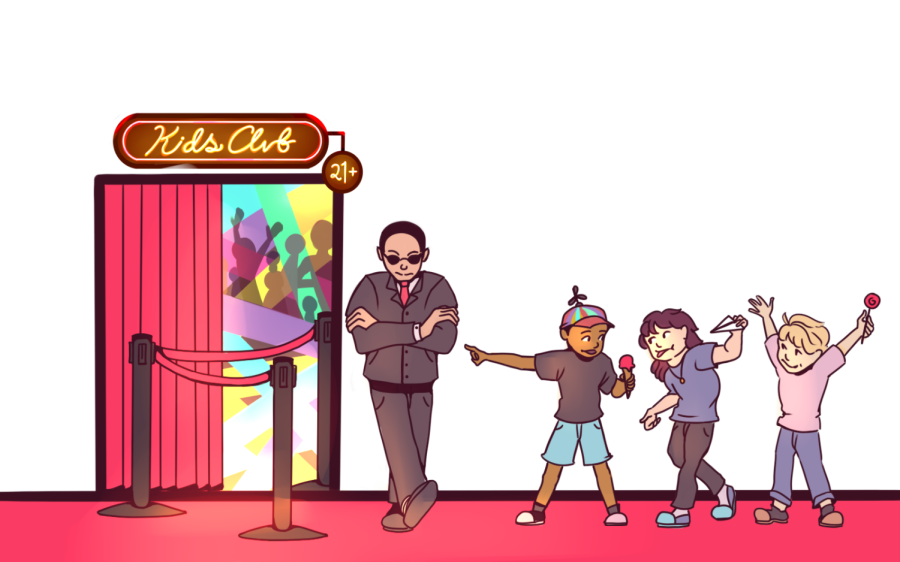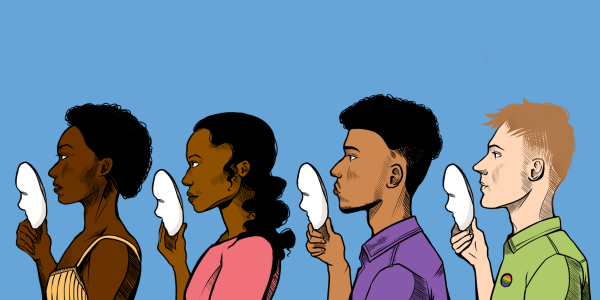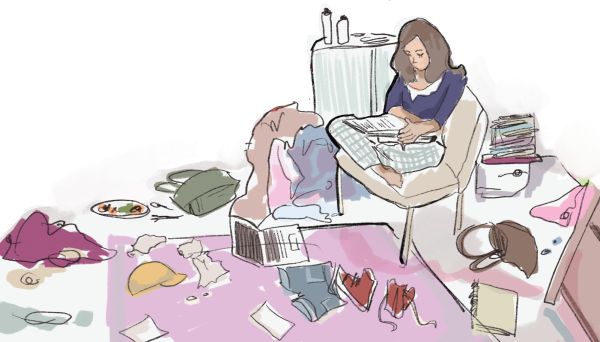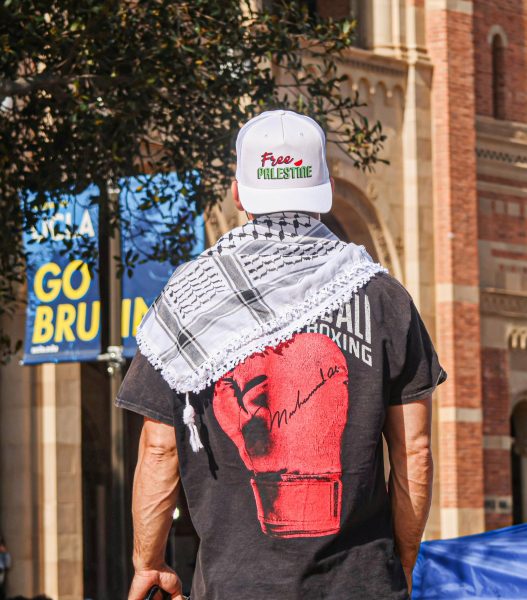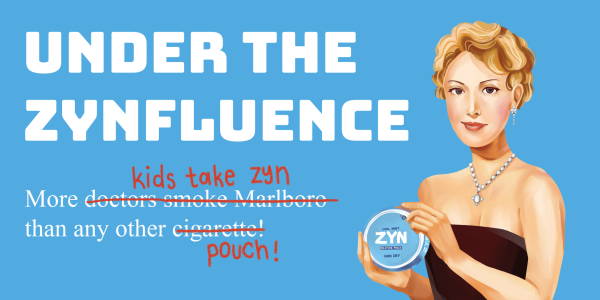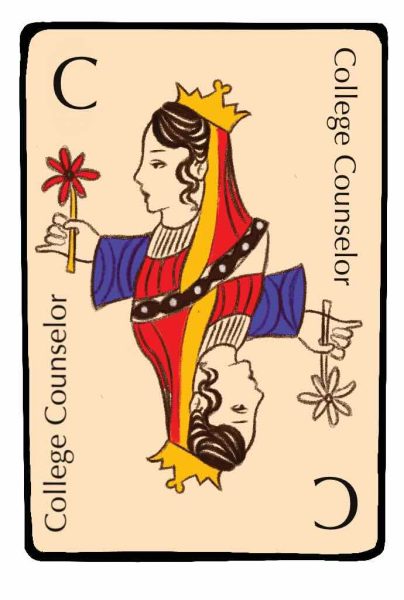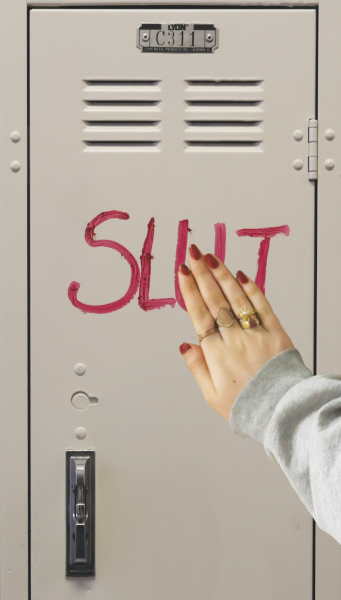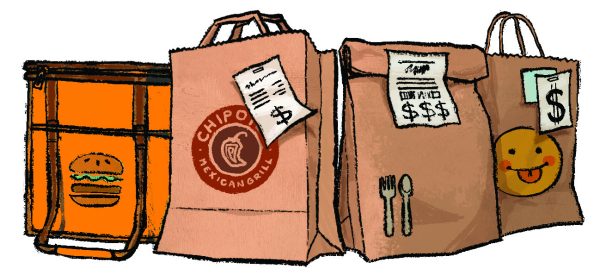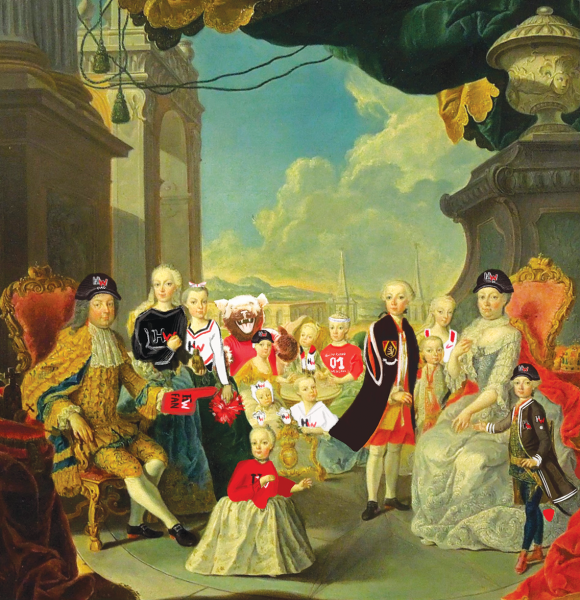Kids Club
Students discuss their experiences with and feelings toward teenagers illegally frequenting bars and nightclubs using fake IDs.
March 22, 2023
At 10:45 p.m. on a Saturday, Willow* ’24 and her friends approached the entrance to a bar. They nervously crossed their arms over their dresses as they joined the line to get inside. Once they reached the door, Willow looked inside the pulsing club, attempting to avoid eye contact with the security guard. Willow said the towering bouncer quickly glanced at them and motioned them inside, never asking to see the fake IDs they had all bought just a month ago.
“Most of the time they check your fake ID and still let you in anyway,” Willow said. “They don’t really examine it, unless you’re a guy and they ask you your birthday or where you’re from or your address. Once you go into the bar, you can just tell it’s filled with high school kids drinking and dancing. Last week, they weren’t even checking IDs.”
An anonymous reviewer on Yelp said the bar Willow was referring to has a tendency to let in underage people.
“I think it’s worth pointing out that I first heard of [the bar] when it opened from my 17-year-old sister who knew about it because it was (and still is) known around L.A. private schools as the place that is really lax on fake IDs,” the reviewer said.
Candace* ’24 said most of her friends order fake IDs to use them to enter bars and nightclubs.
“Every person I know has a fake ID, and multiple too, like one from a different state and one from California,” Candace said. “And they’re out Friday and Saturday. Bars are just an excuse for Harvard-Westlake kids to see other kids they wouldn’t even interact with on a school basis and then hook up with them.”
Candace said even without proper identification, these bars are likely to let in minors who have previously bought a table or paid the bouncer at the door.
“I’m walking in sophomore year,” Candace said. “I’m using my sister’s fake ID, so it says I’m already 23, I have blue eyes, I’m blonde, I’m five-four, which I am not. My friend and I were newly 16, and we were with a group of 19-year-olds. They won’t even look at us. They literally go ‘turn around, you’re underage.’ [My friend] asked the valet to get in and eventually the manager was like ‘oh it’s fine, you guys can come in because you’re with a private event.’ Some guy comes in, another 19-year-old boy, and [the security guard] is like, ‘I know this is fake but you’re chill, you can go in.’”
Candace said her first time attending the specific bar was distracting from her school life.
“I was like ‘why am I here?’” Candace said. “I had a full on math quiz the next day but I couldn’t really care less.”
Willow said few people are now willing to take on the responsibility of hosting a party at their house.
“People have started to think that they can just go to one of these bars instead of hosting parties because they’re seeing the same group of kids that they would see at high school parties anyway,” Willow said. “All of the kids from other schools like Windward, Brentwood, Crossroads, Notre Dame, etc. who are at the clubs would already be at the Harvard-Westlake parties to begin with. Going to bars is less of a liability than parties because you’re only responsible for your own self.”
Ahren Bhatia ’24 said when he recently hosted a party at his house, the attendees caused expensive damage.
“People threw trash and towels in the toilet and broke the pipes which caused a water leak,” Bhatia said. “Then, they destroyed the fence around the garden along with a bunch of fruit trees and plants. Someone broke this Buddha head statue we had and the pool cover by sitting on it. Besides that, it was pretty much mechanical stuff like the fridge door and door handles.”
Bhatia said the party was not worth the stress he experienced because of the property damage.
“Too many came and started hopping the fence which is how so many people got in,” Bhatia said. “But if I could [throw a party] at someone’s house or something where I wasn’t responsible, or if I had really good security, I might throw one again.”
Reggie*, a sophomore in college, said he began selling fake IDs during his senior year when he became aware of the high demand at his school.
“I was in the library one day [in high school], and then my cousin showed me a website to buy fake IDs for $60 each,” Reggie said. “I went up to a bunch of kids who needed fake IDs and I was like ‘$100 for two copies,’ bought them on the website, resold them and made $40 on each one. I probably sold 80 of them.”
According to Reggie, a Google search can bring up hundreds of accessible websites to illegally obtain fake IDs. Reggie said he served as a facilitator between these websites and high school students by placing orders in large quantities to lower the cost of the fakes for everyone in the group order.
“It’s so easy to get a fake ID online, but it’s just cheaper for kids to buy them through dealers who order the cards in bulk,” Reggie said. “When I used the website to buy the IDs, I could only use Bitcoin because it leaves no paper trail for the government to track the illegal transactions.”
Reggie said he has noticed that many bouncers do not check IDs.
“I don’t live [in LA] anymore, but I’ve been to [a specific bar] and a lot of my friends go there a lot,” Reggie said. “It’s literally only meant for underage kids. People that are over 23 are frowned upon for going there because [it seems like] they would be going there to get with underage girls. The bouncers for sure know that [kids are underage].”
Olivia Kriger ’25 said she is concerned by the idea of teenagers clubbing with older people.
“I feel like going to a club at a young age would be a little dangerous because everyone older just assumes you’re of age,” Kriger said. “Then people are going to be hooking up with 30-year-olds with STDs and criminal records.”
Candace said her experiences have taught her that going to clubs underage can be dangerous and irresponsible at times.
“I was waiting for the manager to come down and get us and I turn around and see this girl sitting in the front seat of some 40-year-old man’s car,” Candace said. “I was like ‘oh my god, that’s [a Harvard-Westlake senior], that has to be a sugar daddy.’ I was leaving, and I see the girl holding hands across the table with the 45-year-old man.”
Kriger said although an increasing number of students are frequenting bars instead of throwing parties, she feels little pressure from classmates in her grade to purchase a fake ID.
“You can have a perfect high school experience without going to bars,” Kriger said. “If anything, you’ll miss out on your high school experience more by not going to parties than by not going to bars.”
Avery Kim ’25 said he would not purchase a fake ID because of the risks and responsibilities that come with having one.
“When a club has an age restriction, you should abide by it,” Kim said. “There can be plenty of dangers with going to a club, and all types of things can happen which you might not be ready for. People with fakes just have to acknowledge they have to handle a situation if something goes wrong. Getting a fake [ID] is kind of a choice for people to make for themselves. In that case, I don’t think you’re really presenting much of a danger to other people, you’re more presenting a danger to yourself with something you could potentially do wrong or have happen to you.”
Willow said one downside to attending clubs is that a night out can be much more expensive than going to a party.
“Each drink at a club is around $20 and that’s just because LA is expensive in general,” Willow said. “Versus at a high school party where you pay to get in, it could range from $10-$15.”































